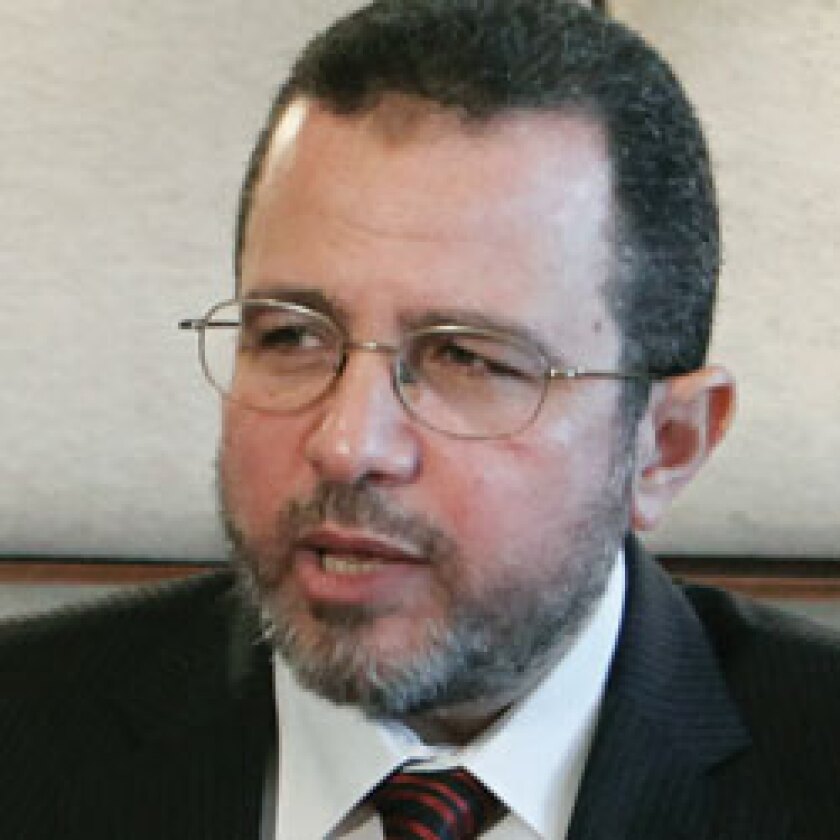Hopes that a $4.8 billion IMF loan that will help boost confidence in Egypt’s battered post-revolution economy will be concluded within the next two months may be overstated, a senior Fund official told Emerging Markets on Friday.
“We are keen and happy to support an Egypt-led programme, but it needs to deal with the key challenges Egypt faces and it needs to have broad support,” Middle East and Central Asia Department director Masood Ahmed said in an interview. “Our team will go there to look at the programme”, but signing the loan is “not a foregone conclusion”, Mansour insisted.
Prime Minister Hisham Kandil earlier this week suggested the much-anticipated deal could be concluded when an IMF mission visits later in October. IMF managing director Christine Lagarde on Thursday said her fingers were crossed. She said she was “very confident we can discuss productively, reach agreement, and help Egypt as much as we can”.
Speculation about a deal has helped boost confidence for an economy in shock after the revolution. “With the appointment of the new government, and talk about external support from the IMF and Gulf countries, the Cairo stock market has picked up – a sign the market was ready to come back and people are cautiously starting to invest,” Institute of International Finance regional director George Abed said on Friday.
The loan talks point to a breakthrough in relations since President Mohammed Morsi took over from the Supreme Council of the Armed Forces (Scaf) and appointed Kandil as a more market-friendly PM. A $3 billion IMF facility, intended to provide emergency support after ex-president Hosni Mubarak’s overthrow and carrying few conditionalities, was blocked last year by the Scaf regime. The new facility is expected to contain more conditions, looking to control a budget deficit that has spiralled to 11% of GDP since.
Cairo has been starved of funds while other institutions waited on the IMF’s lead. A potential $4 billion US package of loans, loan guarantees and military assistance was promised by the Obama administration but has been delayed after violent protests in Cairo targeted the US embassy.
Traditional donor support is important but “there is a recognition that bilateral backers from the region like the Qataris will do a lot of the heavy lifting,” a western official told Emerging Markets. Turkey committed $1 billion earlier this month.
Qatar has disbursed $500 million of a $2 billion commitment of budget support for CBE, with officials in Doha saying the remaining tranches should arrive between now and December. Saudi Ministry of Finance data show Riyadh has committed $3.99 billion and disbursed $1.54 billion to Morsi’s government.
But even with an accelerated inflow of foreign funds, many Egyptians feel deprived of any benefits from the revolution. Job creation is essential to reverse a situation where “we are facing deteriorating conditions for workers...and the private sector is facing uncertainty,” Egyptian Center for Economic Studies’ Dr Omneia Helmy said. However, there are signs that “confidence is slowly coming back” to a more transparent private sector, she told Emerging Markets.
